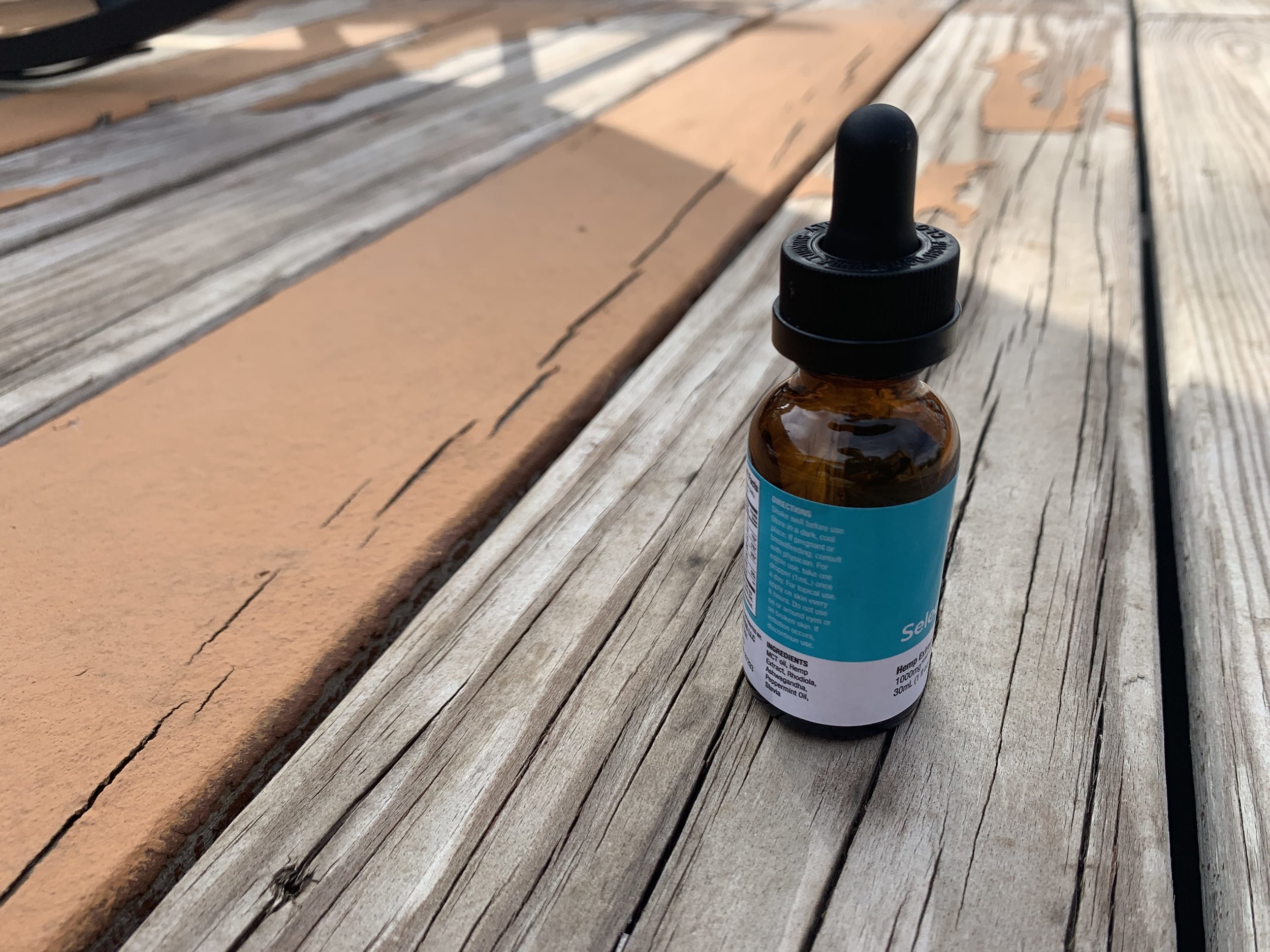Are you hungry or bored...or something else? One of the most effective ways to take back control of our eating habits is to learn to listen and interpret the signals our body sends. Our body is a communication machine. It tells us what it needs. We just need to learn to tune in and listen.
It's not an easy task. We may have been ignoring those signals for years. Mindless eating, crash diets, food restriction, and the “good” versus “bad” food mindset can corrupt the way we respond to our body's signals. On top of that, manufacturers develop processed foods that are designed to be hyperpalatable (aka delicious) so you are encouraged to overeat.
Do you remember the Pringles potato chip commercial? "Bet you can't just eat one." They let us in on a major food manufacturer's secret. These processed junk foods are specifically designed to be irresistible, to override our body's natural signals so we eat too much and ultimately buy more. It's all part of the plan. Junk food is manufactured so you can't just eat one.
Have you ever opened a bag of chips with the intention of eating "just one serving" (according to the serving size on the back of the package is eight chips) but then didn't stop until you were licking chip dust from the bottom of the bag? What? Just me? I didn't think so.
Instead of trying the latest fad diet that's all over the internet or restricting entire macronutrients (cough cough, carbs), first try to listen to your body and see what happens. Our body knows what it needs and it tells us, we just have to learn how to listen. Effortless weight management can happen when we tune in and respond.
LISTEN TO HUNGER SIGNALS
The first step is to consider the hunger signal our body sends. When you feel hungry can you tell the difference between physical hunger and psychological hunger? Are you hungry or bored? Are you hungry or does there happen to be a candy bowl within arm's reach? Are you hungry or do you just smell fresh baked cookies? Are you hungry or are all your friends eating Mexican food? Are you hungry or stressed? Learning to recognize the difference is a big first step in taking control of your eating habits.
Try this exercise: When you feel hungry, stop and consider am I hungry or is something else?
Am I Hungry?
Am I Anxious?
Am I Lonely?
Am I Tired?
That spells H.A.L.T. Before you eat, HALT for five seconds and think first about why you are eating.
Awareness in thes first step. Keep track for a couple of days how you felt before you ate something, either a meal or a snack. Taking note of how you feel before eating over a few days can help you see trends in your eating habits.
Maybe you recognize that you are eating because you are bored. It doesn't mean you have to immediately stop eating every time you are bored, but recognizing the difference between hunger and boredom is a great first step in learning to listen to your body.
On the days I work from home, I wander through the kitchen on my breaks from writing and pop something in my mouth at every round. Am I really hungry every 45 minutes? Did I need to eat that cheese stick, handful of grapes or nuts to satisfy my hunger or did I eat it because it was there and convenient? Most likely the latter. Knowing is the first step to changing.
If you are trying to lose weight (lose fat) then your daily goal is to be in a calorie deficit, to consume less calories than you burn for the day. Even if all your meals are on track, you can throw yourself out of a calorie deficit into a calorie surplus by mindless eating. The candy from your co-workers desk, the leftovers from your kid's plate and the pre-dinner and post-dinner snacks, they all add up.
EAT SLOWLY
Once you determine that you are physically hungry and ready to eat, the next signal your body will send is a satiety or fullness signal. This one can be especially hard to hear because in our busy lives we tend to do everything at lightning speed, including eating.
It takes about 20 minutes for the body to send fullness cues to the brain, so if you scarf your dinner down in four minutes flat, you never give your body the opportunity to communicate the signal that tells you it has had enough. You can overeat before you realize it.
The solution? Slow down. Chew slowly. Put your fork down on your plate between bites. Savor every bite. Take a sip of water between bites. This is not a pie-eating contest. Set a timer. Plan to eat meals slowly and undistracted. Turn off the TV, put down the phone and step away from the keyboard. Give your meals the attention they deserve. This is more important than your Instagram feed or that email from your boss (just kidding boss, we'll call you back in 20 minutes).
EAT TO 80% FULL
Now that you are eating slowly and spending 20-30 minutes eating your meals, you can be more in tune with your body's fullness signals. Eat until you feel satisfied, not stuffed. Eat until you feel about 80% full. This can be challenging in the beginning, but with a little experimenting you can find your sweet spot. Include whole natural foods with fiber, protein, and fat to help you feel full and stay feeling full longer, so you are not hungry again an hour after you ate a meal.
IT'S OK TO FEEL (A LITTLE) HUNGER
Feeling a little bit of hunger is a natural human response. Slight hunger you can ignore is normal, especially when in a calorie deficit and trying to lose weight. When the hunger signals get stronger, usually 4-5 hours after your last meal, it may be time to feed the hunger. If you ignore the hunger signals too long, you may start to feel ravishingly hungry and that can lead to poor food choices. The key is to listen and feed your hunger signals just like Goldilocks would; Not too little, not too much. Not too soon, not too late. It takes practice.
Our body tells us when it is hungry it also tells us when it has had enough. Can you hear and interpret it properly? Once you learn to eat when you feel physical hunger rather than for social, emotional or environmental reasons, you slow down and stop eating when you feel about 80% full it becomes much easier and natural to maintain a healthy body weight.
Does all of this sound reasonable? Are you tired of strict diets, yo-yo weight gain/loss, food rules and quick fixes that aren't sustainable? Are you looking for a sane and sustainable plan that builds healthy eating habits from the ground up? Then join my online nutrition program that plays the long game for long-term results. The first month is 75% off so you can see if it will be a good fit for you. Choose between self-guided coaching at a huge discount or let me personally help you reach your goals. See if you qualify for nutrition habits coaching.
Like this post? It helps me a lot when you share with your friends and followers.












If you have questions about running and weight loss, I’ve rounded up the blog posts to help you with answers. Why do I gain weight during marathon training? What to do when your weight loss plateaus from running. Are you running for performance, or running for weight loss? And why it matters that you choose one. I finish my personal story of how I used running as part of my strategy for permanent fat loss.